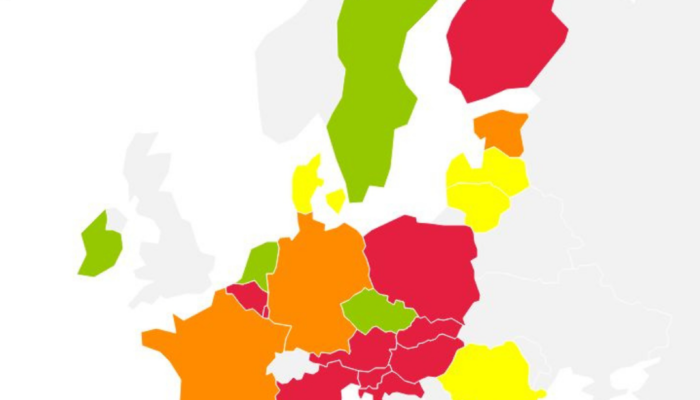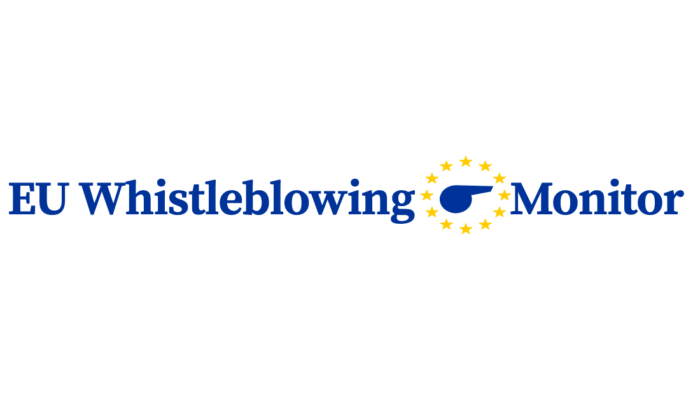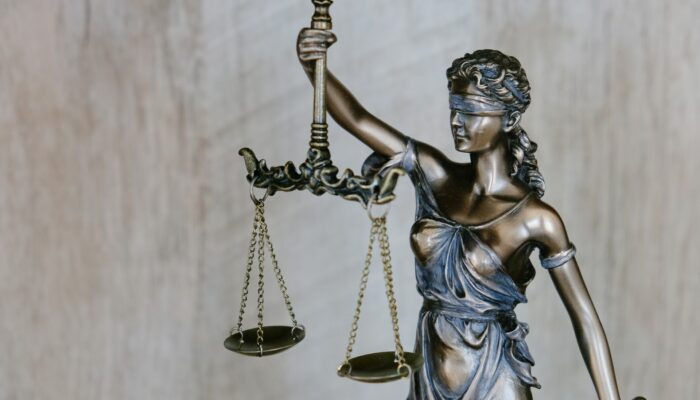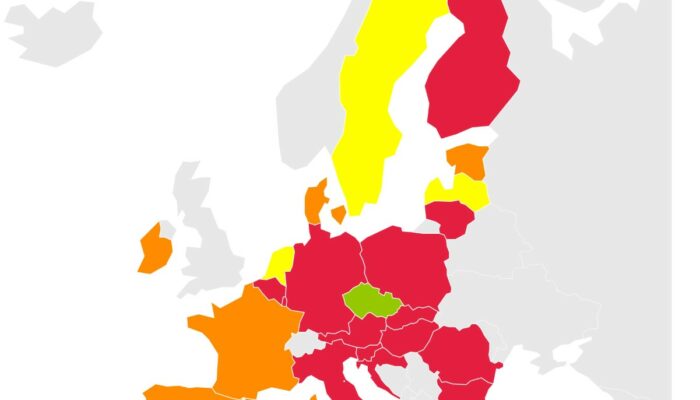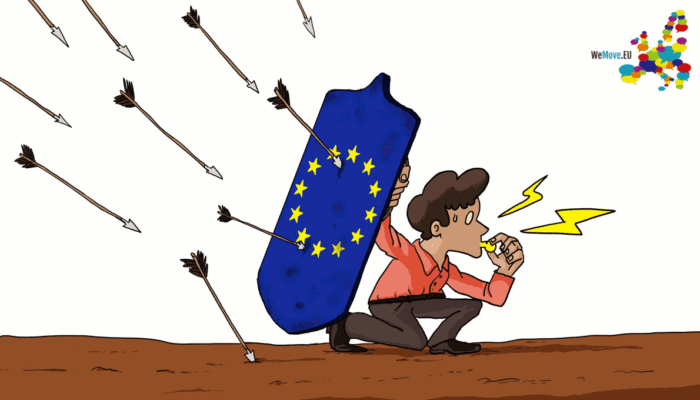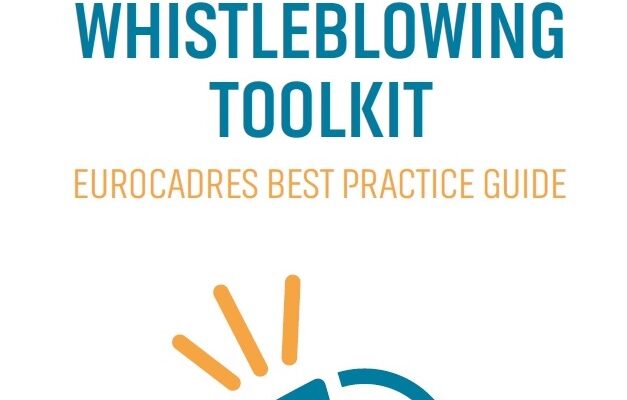Why cross-border coherence matters
Many of the biggest whistleblower disclosures of recent years have been international in nature - LuxLeaks and the Panama Papers in particular. As pointed out by the Greens in the European Parliament, there is a general European public interest that often supersedes the national interests of a single member state.
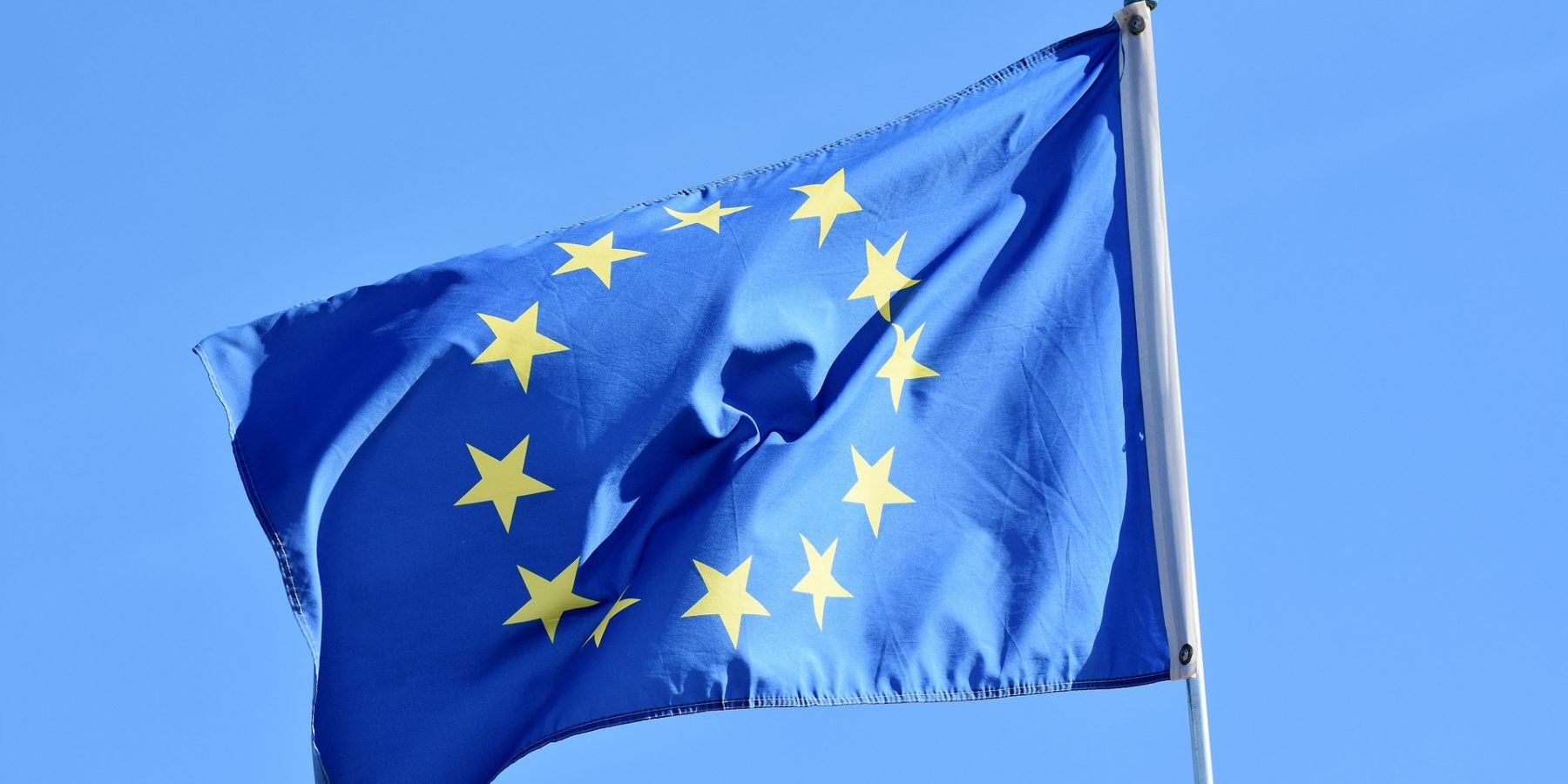
The big picture
Many of the biggest whistleblower disclosures of recent years have been international in nature - LuxLeaks and the Panama Papers in particular. As pointed out by the Greens in the European Parliament, there is a general European public interest that often supersedes the national interests of a single member state.
For example, Luxembourgish authorities might well have prefered to silence the LuxLeaks scandal regarding their so-called sweetheart tax deals, but for Europe as a whole it is clear the disclosure was in the public interest.
Safer supply chains
In an increasingly globalized world supply chains also cross borders. The UK horsemeat scandal of 2013 could have been detected sooner if whistleblowers had known where to report and what protection they could expect.
The egg fibronil contamination scare in 2017 was also cross-border in nature. The problem originated from a company operating in Belgium and the Netherlands. The Dutch authorities were first alerted via a whistleblower tip-off that fipronil was being used illegally in farms in the Netherlands as far back as November 2016, but this information was not passed on to other countries.
Authorities explained that they had launched a fraud investigation, but had not considered the health risks. Imagine how much safer the public would have been if the whistleblower’s concerns had been reported to food safety regulators and inspectors in other countries where the eggs were sold.
Consistent, coherent protections for individuals reporting any credible suspicions should extend throughout the EU. Workers deterred or unable to report problems internally need clear guidance about which regulators or agencies they can report to.
Cross-border working conditions
The transnational nature of work is growing and this presenting specific problems for workers who want to report wrongdoing, but cannot rely on a single minimum standard of whistleblower protection.
Take for example a Belgian citizen employed by a French company, working on a German contract in Germany, who discovers wrongdoing during a site visit to a subsidiary factory in Poland. In the modern European company, such a scenario is certainly not far-fetched.
If neither the wrongdoing nor the employment contract is linked to Belgium, it is unlikely the whistleblower’s nationality would have any bearing on the case. From an accountability and legal responsibility perspective, the Polish factory management should be made aware of the wrongdoing. The German parent company would presumably want to know as well, although the Polish subsidiary may want to learn of it first to be able to address the issue. But the whistleblower may well be concerned how far up the management structure the wrongdoing reaches and decide to disclose to the head office in France. The French company may act responsibly and raise the issue with the German company, but perhaps the French company is not interested in pursuing the issue, perhaps concerned that raising it would jeopardize the good working relations. The tricky question then for the whistleblower is whether to go to legal or regulatory authorities in either Poland or Germany in the knowledge that their employer has ignored concerns.
In such a tangled, yet entirely plausible, situation, a whistleblower needs reassurance that their rights will be protected. The more questions an individual has about whether or how to raise a concern about wrongdoing, the more likely they are to stay silent.
Fragmented protection can lead to forum shopping
Just 19 of 28 EU countries have enacted partial legal protections for whistleblowers. Yet, according to BlueprintForFreespeech none of these laws “fully meet European and international conventions and standards.”
In some countries there is no formal protection at all, and what whistleblowing protection there is varies greatly in approach reflecting different cultural norms, history, economic and political circumstances.
The new proposal from the Commission is a step towards harmonizing protection for whistleblowers. However there is already some EU legislation in force that mentions whistleblower protection, such as the civil aviation directive or the market abuse regulation. The Commission says that the new proposals won’t change these, which could cause confusion about which laws apply and when. All of which makes doing the right thing more difficult for individuals who should not be required to know the detailed contents of EU-legislation.
Furthermore there are several areas - human rights, health services, education - where the EU has no competence.
Retaliation against whistleblowers by corporation is unfortunately a reality. The more fragmented the protection, the more opportunities afforded to corrupt organisations to pursue retaliatory action against whistleblowers where it will have the most chilling effect.
The transnational nature of work is growing and this presenting specific problems for workers who want to report wrongdoing, but cannot rely on a single minimum standard of whistleblower protection.
MORE ARTICLES
Progress update: Are EU Governments taking whistleblowing protection seriously?
Today, on World Whistleblowing Day 2021 – less than 6 months before the deadline to transpose the Directive – we highlight key developments in EU countries since the publication of the report.
New civil society monitor on the EU Whistleblowing Directive
The partnership of Eurocadres, the Whistleblowing International Network (WIN) and Transparency International EU is delighted to announce the development and launch of EU Whistleblowing Monitor, a new online platform to monitor transposition and implementation of the EU Directive on Whistleblowing (2019/1937) across Europe.
EU whistleblowing provisions need adjustments in member states
Seven months remains for EU member states to transpose the whistleblower directive into national legislation.
Can transposing the Whistleblower Protection Directive be done on time? Maybe, but not at the cost of transparency and inclusiveness
EU governments were given two years to bring their national whistleblowing frameworks in line with the EU Directive on Whistleblower Protection.
Are EU Countries taking whistleblower protection seriously?
Transposition of the Whistleblower Protection Directive is a chance to ensure that people can expose abuses safely across the European Union – but EU nations might be letting the opportunity pass us all by.
EU Whistleblowing Meter monitors transposition process
The EU Whistleblowing Meter tracks the progress of transposition in each country.
Half a decade of whistleblower directive advocacy
Professor Wim Vandekerckhove from University of Greenwich has analysed the work of the platform in reaching a directive proposal on the protection of whistleblowers.
EVENT – Call to action: Whistleblower protection across the EU, 23 February
EVENT – 23 February, 14:00 – 15:30 (CET)
Best practice guide on whistleblowing for trade unions
What should be the role of trade unions in whistleblowing? Which internal arrangements, should be in place to establish a culture which promotes whistleblowing?
EU Whistleblowing Meter Launched to Monitor Transposition of EU Directive on Whistleblowing
On World Whistleblowing Day, 23 June, the Whistleblowing International Network along with its many partners and colleagues across Europe are launching the EU Whistleblowing Meter


